Healthy must-haves for your pantry
Here's everything you need to make healthy snacks or dinner in a pinch.
Updated on November 2, 2023

It’s a Friday night after a long week, and all you want to do is curl up with an evening of Netflix. Problem is, you have four mouths to feed. What do you do?
While the tempting answer may be to order a pizza and call it a day, a well-stocked pantry can help you whip up something delicious and nutritious in a pinch—not to mention save you money.
We asked nutritionist Mary Willis, RD, Nutrition Services Director for College Park Family Care Center in Overland Park, Kansas, to share her list of healthy pantry must-haves.
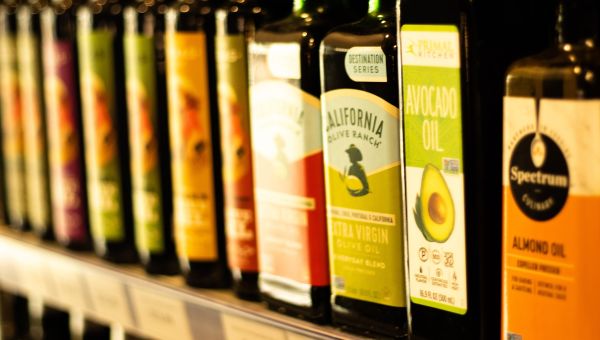
Olive, Avocado and Coconut Oils
Cooking oil is the ultimate pantry staple. Willis recommends looking for oils labeled “extra virgin” and stocking up on olive and avocado oils in particular because they aren’t as processed as canola and sunflower seed oils.
Buying tips: When buying oil, look for packaging that blocks light and helps maintain quality. That means dark glass, stainless steel, coated paperboard, or bag-in box packages.
Cooking tips: Olive and avocado oils are great for sautéing vegetables. They also make for delicious salad dressings because of their distinctive, earthy flavors.
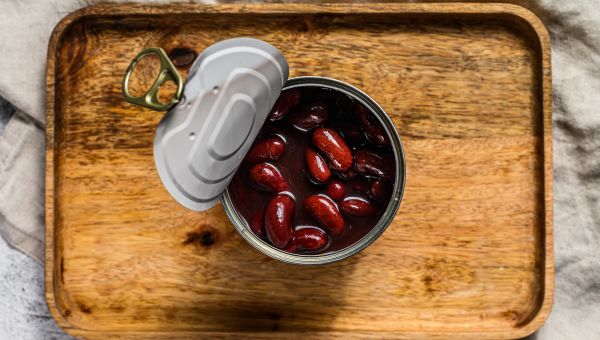
Canned Beans
Black beans, kidney beans, and garbanzo beans are rich in fiber and protein. Dried beans have higher nutritional value than canned—if prepared properly. Soak dried beans before you slow-cook them, Willis says, to properly release their nutrients.
Buying tips: If using canned beans, low-sodium or no-salt-added versions are best, says Willis. (You can also rinse regular versions to help reduce salt.)
Cooking tips: Make Meatless Monday a hit with black bean burgers, says Willis. “It’s very easy and healthy using an egg, black beans, and almond meal for thickening.” (Almond meal is available at most grocery stores). Any bean can also be made into hummus. Just mix it with a little olive oil, lemon juice, and tahini.
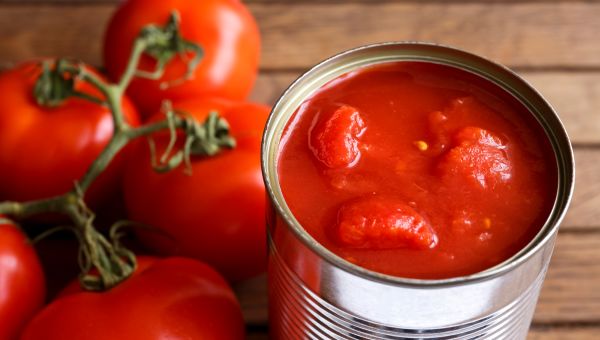
Canned Tomatoes
While most veggies you serve should be fresh, some canned options pack a healthy (and convenient) punch. Canned tomatoes are high in lycopene, an antioxidant that fights cancer and heart disease. They’re also good sources of potassium, fiber, and vitamins A and C.
Buying tips: Look for low or no-salt-added tomatoes or rinse the canned veggies off with water.
Cooking tips: Willis suggests mixing canned tomatoes (crushed, chopped, whole, whatever you prefer) with quinoa, black beans, and cumin for an easy one-skillet meal.
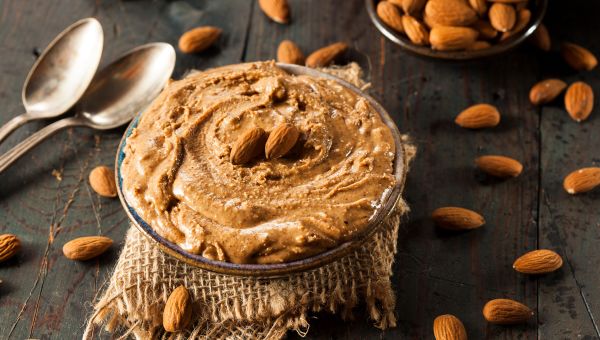
Nuts and Nut Butters
Willis stocks her pantry with tree nuts like cashews and almonds because they are high in healthy fats and protein. These nuts also make for creamy and delicious nut butters.
Peanut butter is a staple of many American homes, but many name brands contain too much added sugar and salt. Instead, Willis recommends looking for no-sugar-added versions of peanut butter or raw versions of peanut and other nut butters.
Buying tips: Raw nuts typically offer the most nutritional value since they do not have any added ingredients.
Roasting tips: If you love roasted nuts, here’s an easy recipe to make at home: Add to 1 1/2 cups raw nuts just enough water to cover. Add 1/2 tsp sea salt, stir, and soak overnight. Drain the nuts and spread on a baking sheet and bake at 140 degrees F for 8 hours. Let cool completely.
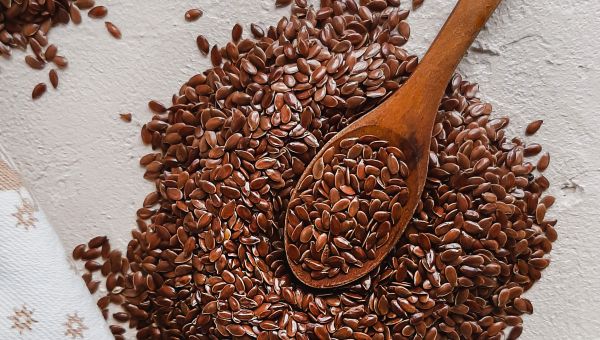
Seeds
Sunflower seeds, pumpkin seeds (also known as pepitas), sesame seeds, chia, and flaxseeds are great sources of fiber and protein and are always in Willis’s pantry. Chia and flaxseeds in particular are high in healthy omega-3 fatty acids.
Buying tips: Willis buys flaxseed in bulk at her local discount store. She keeps some in her pantry and tosses the rest in her freezer to keep them fresher longer.
Cooking tips: Add a tablespoon of your favorite seeds to a salad. Ground flaxseed is also a great replacement for breadcrumbs to keep hamburger meat together.
Flaxseed can also easily replace eggs in baking recipes: For the equivalent of one egg, mix 1 tablespoon of ground flaxseed with 3 tablespoons of water and let stand for five minutes before adding it, says Willis. Just know that replacing eggs with flaxseed works best when a recipe calls for one egg or fewer. Any more than that and your recipe will probably work better with eggs.
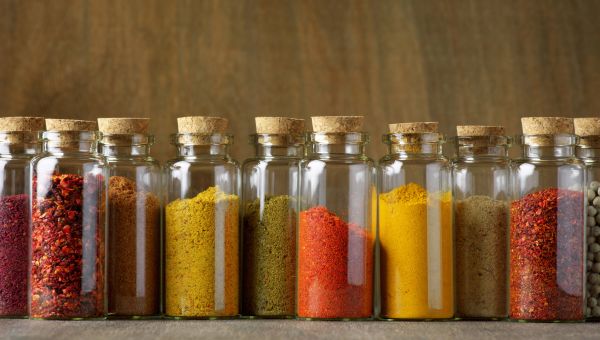
Dried Herbs and Spices
A little pinch of Himalayan sea salt, cumin, turmeric, cinnamon, pepper, and ginger are healthy additions to any meal, Willis says. “Pepper helps absorb nutrients and turmeric and ginger are anti-inflammatories,” she adds.
Buying tips: You may be surprised to learn that herbs and spices have expiration dates, but if you buy them in colored glass jars, they’ll stay fresher longer.
Cooking tips: Cinnamon may help lower blood pressure, and just a pinch of it can add an unexpected flavor twist to a hearty bowl of chili.

Bob’s Red Mill. How to Make Flax Egg Replacer. Accessed November 2, 2023.
More On


video

article

slideshow


video


video
